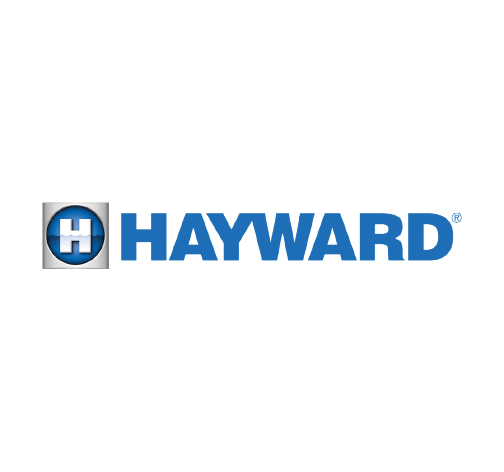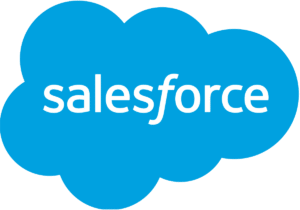- Hayward Holdings, Inc. (NYSE:HAYW) has a Return on Invested Capital (ROIC) of 6.25% and a Weighted Average Cost of Capital (WACC) of 8.35%, indicating it is not generating returns above its cost of capital.
- Leslie’s, Inc. shows a more favorable financial position with a ROIC of 6.29% and a WACC of 5.97%.
- Agiliti, Inc., Mister Car Wash, Inc., and Latham Group, Inc. all demonstrate ROICs lower than their WACCs, indicating challenges in generating sufficient returns over their cost of capital.
Hayward Holdings, Inc. (NYSE:HAYW), a leading global designer and manufacturer of pool equipment and systems, competes in the pool and related industries against companies like Leslie’s, Inc. (LESL), Agiliti, Inc. (AGTI), Mister Car Wash, Inc. (MCW), and Latham Group, Inc. (SWIM). Offering a wide range of products including pumps, filters, heaters, and lighting solutions for residential and commercial pools, Hayward is a key player in its market.
In evaluating Hayward’s financial performance, the Return on Invested Capital (ROIC) of 6.25% and Weighted Average Cost of Capital (WACC) of 8.35% are crucial metrics. These figures result in a ROIC to WACC ratio of 0.75, indicating that Hayward is not generating returns that exceed its cost of capital, which may concern investors seeking efficient capital utilization.
Comparatively, Leslie’s, Inc. demonstrates a more favorable financial position with a ROIC of 6.29% and a WACC of 5.97%, leading to a ROIC to WACC ratio of 1.05. This suggests that Leslie’s is effectively generating returns above its cost of capital, making it an attractive option for investors.
On the other hand, Agiliti, Inc. has a ROIC of 1.33% and a WACC of 9.10%, resulting in a ROIC to WACC ratio of 0.15. This indicates inefficiency in generating returns relative to its cost of capital. Similarly, Mister Car Wash, Inc. and Latham Group, Inc. also have ROICs lower than their WACCs, with ratios of 0.65 and 0.30, respectively, indicating insufficient returns over their cost of capital.




